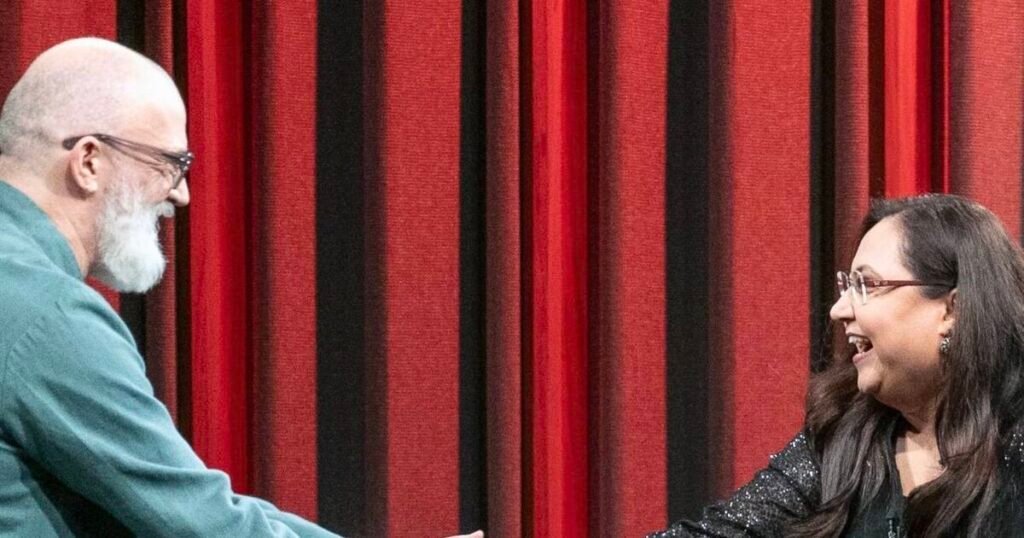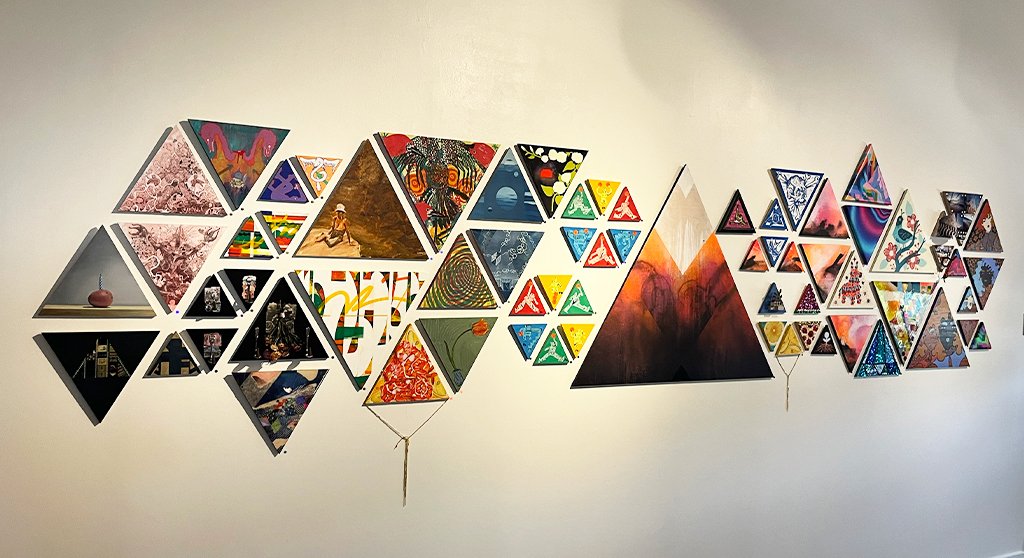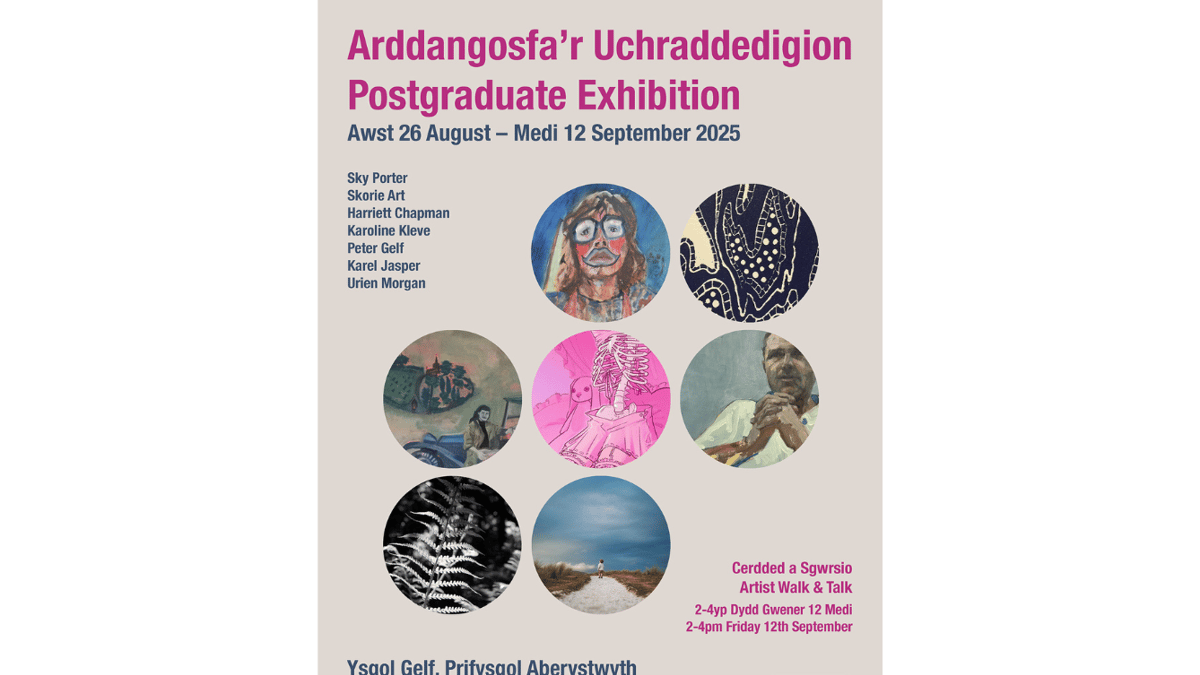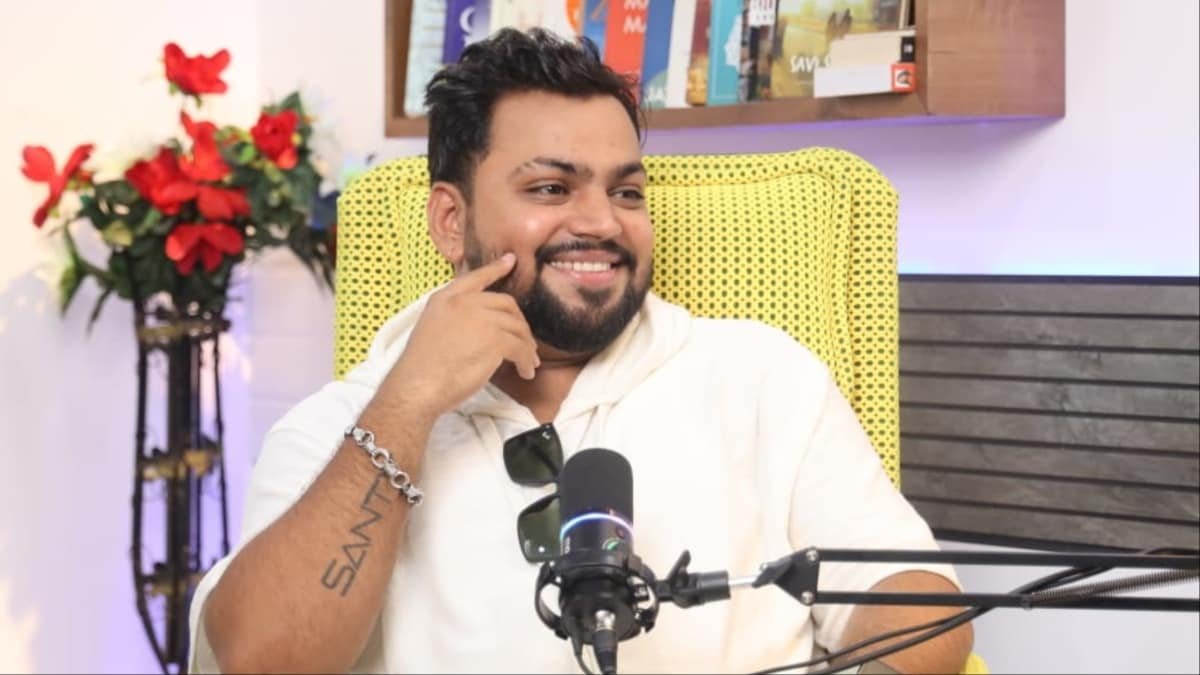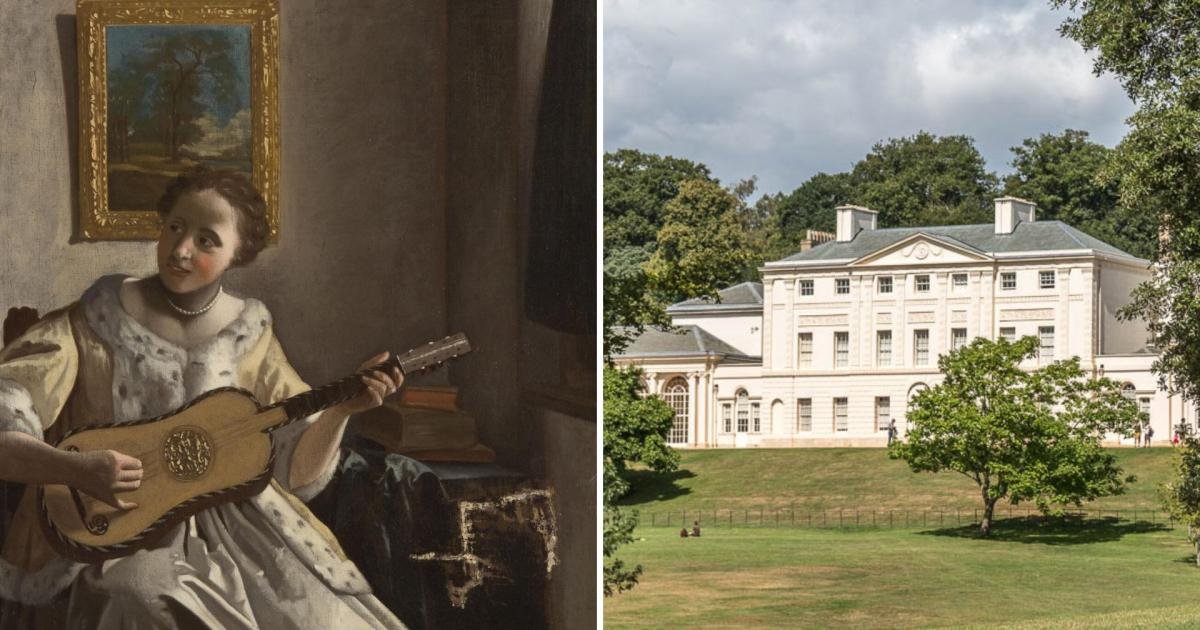The eighth episode of the new series of the Tommy Tiernan Show discussed coming out as a trans woman in 1985, being under Taliban’s oppressive regime, and life as an artist and taking the path less travelled.
Tiernan’s guests on Saturday included comedian Suzzie Eddie Izzard, Afghan dentist Dr Manizha Khan and Cork artist Michael Mulcahy.
Suzzie Eddie Izzard was Tiernan’s first guest of the night, and spoke about her experience of coming out as trans back in 1985, her career in comedy and her goal to work in politics.
The conversation explored Izzard’s experience of coming out as trans at the age of 23 in 1985, her journey as a transgender woman, and career in comedy and politics.
Izzard spoke about coming from Aden in Yemen and how she and her brother were raised by a mother from Kent and a father from East Sussex and moved to Northern Ireland.
“We got there in 1964. It was an underlying. Bloody Sunday was 1969, so we got there in 1964 and left in 1967,” she said.
She spoke fondly of her memories of living in Bangor and of her mother, who had cancer, and who passed away in 1968.
Izzard recounted the challenges of coming out, the impact it had on her mental health, and the support from the LGBTQ+ community.
She spoke to Tiernan about her initial experiences with doctors and medical professionals and the societal pressures she faced, including the mixed reactions from peers.
She spoke of going out in public after coming out as trans, throwing on some makeup, wearing a dress and saying ‘this is me’, and how it was met with some not-so-pleasant reactions from people on the streets.
Sharing her journey of self-acceptance with those watching the show who might be going through a similar journey, she said: “I would say, come out. Because living truthfully is much better for your mental health than not living truthfully. And go to itgetsbetter.com which is where a lot of people put their stories out about how it was and how it was tough and things have got better so that’s a great website.”
She spoke about her career in comedy, which began in the 1980s, and how it led to stand-up success and a transition to street performing, and also discussed her involvement in politics and aim to become a Labor Party MP.
When asked by Tiernan what she sees when she imagines herself as a politician, Izzard said: “Just me. Trying to make things better. I can communicate. You need to be able to communicate, you need to be able to have positive ideas, you need to be able to look at systems as well and say this part of the system is working, this is not working.”
Izzard also shared her thoughts on not having children and the impact it has had on her life and career, the challenges of balancing a creative career with personal relationships and plans to tour her one-person show of Hamlet around the world and the excitement it brings her.
Tiernan’s second guest of the night was Cork-based dentist Dr Manizha Khan from Afghanistan who shared her harrowing journey to Ireland after the Taliban took over her country in August 2021.
She described the Taliban’s oppressive regime, particularly their restrictions on women, which led her to flee with her family to Ireland after the country granted them refugee status in early November.
Dr Khan, who was a lecturer and dean of a dental school in Afghanistan, emphasised the Taliban’s cruelty and the destruction of Afghan culture.
Dr Khan recounted receiving a threatening letter from the Taliban after she refused to stop working during a time when the Taliban were preventing women, especially those in positions of power, from attending their workplaces.
She and her family moved to Kabul where they hid in a small apartment before hearing in November that they had been granted refugee status in Ireland.
She described the Taliban’s strict adherence to their religion and explained how their beliefs differ significantly from mainstream Islamic teachings.
She explained the Taliban’s cruel treatment of women and their belief in the inferiority of non-Taliban Muslims and emphasised the Taliban’s intelligence and education, noting that their leaders are highly educated and fluent in English, and their methods of indoctrinating young boys and the fear and power dynamics among Afghan men and women.
Speaking about the refugee experience and integration in Ireland, she highlighted the resilience of refugees, noting that many are highly skilled professionals.
“It really is a chronic pain. You lose everything you know. You lose your home, you lose your hometown, you lose your people you know and you lose all the dreams and who you are” she said.
She said that academic achievements become “nothing” and that you just “turn into one word and that’s ‘refugee’”.
Dr Khan expressed gratitude for Ireland’s support and urged more countries to help refugees, stressing the importance of global conflict resolution and integration of refugees into society.
Speaking about what members of her family are here in Ireland and who is still in Afghanistan, she said: “My father is there. Many of our family members are there. My students are there, all the female students, all the amazing young women.
“From my own family, I’m very grateful that my mom is here, my brother is here, his wife and kids are here. We have a nephew who was born in Cork so you see him and you know he is born in Cork, he is different than the other children that we have.”
She said that she always thinks of the people left behind and spoke about the survival guilt she feels as a refugee.
She thanked Tiernan for the opportunity to share her story and expressed her continued hope for a better future for Afghanistan.
Artist Michael Mulcahy, who was born in Cork and attended the Crawford Municipal School of Art and the National College of Art and Design, was Tiernan’s final guest of the night, discussing his artistic journey and life experiences to date.
He reflected on his evolution as an artist, noting the clarity and depth his work has gained over the years, and shared his experiences of traveling to big cities and visiting museums and art galleries to learn and be inspired.
Mulcahy recounted his early life, including his mother’s death at age 12 and his father’s decision to send him to art school in Clongowes.
He also touched on his struggles, including institutionalisation and the impact of electroconvulsive therapy, which he said left him feeling like a zombie for three to four years, and how it affected his creativity.
He shared his journey of recovery which included long walks and painting again at his father’s house by the sea.
Mulcahy recounted his travels, including to Papua New Guinea, describing how he used indigo dye and gold leaf in his interactions with tribes.
He recounted how he was treated like a king in various villages and his experiences with local customs and traditions and also spoke about his love for freedom and how he balances being an outsider with participating in society when it suits him.
Mulcahy also shared how he is fond of a drink and how he gave it up for 12 years, finding it made him a boring person.
Exchanging mutual admiration, Tiernan praised Mulcahy’s commitment to art and freedom, describing him as “an inspiring man”. Mulcahy humorously suggested that Tommy should have a delayed mid-life crisis and become his assistant in travelling and creating art.
Closing out the show on Saturday was Sam Amidon with a performance of ‘I’m on my Journey Home’ from his album ‘Salt River’.

